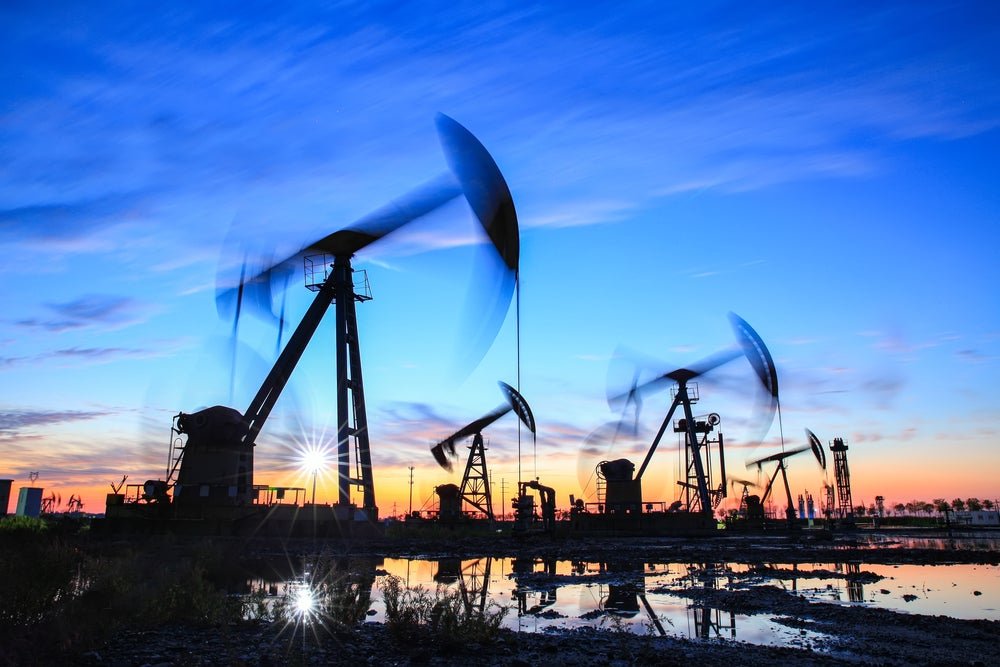The potential re-imposition of U.S. sanctions on Venezuela’s oil and gas sectors could have significant consequences for the country’s oil revenue, energy investments, and domestic fuel supply. Industry experts are warning that these sanctions could further exacerbate the already dire situation in Venezuela.
The U.S. has ordered a cessation of all business transactions between U.S. entities and Venezuela’s state miner Minerven. Additionally, the U.S. has indicated that it will reverse its relaxation of energy sanctions in April if President Nicolas Maduro’s administration fails to adhere to the terms of a previously signed agreement for a fair presidential election.
The U.S. has been increasing pressure on Venezuela since the country’s top court upheld a ban on the leading opposition candidate, Maria Corina Machado, from participating in the election. While the U.S. initially imposed oil sanctions on Venezuela in 2019, it granted sanctions relief in October 2023 following the election deal.
Analysts and executives fear that the reimposition of sanctions could lead to a reduction in Venezuela’s oil revenue, making it harder for the country to meet its energy needs. The move could also discourage new energy investments and increase the risk of domestic fuel shortages.
The potential impact of these sanctions is significant. “Price discounts on Venezuela’s crude had reduced a lot and cashing sales proceeds became easier for state company PDVSA. That was helping Maduro,” said Francisco Monaldi, director of the Latin American Energy Program at Rice University’s Baker Institute. “If the license is withdrawn in April, the proceeds will be reduced again and the scenarios of strong economic growth and a competitive election will fade.”
Despite ongoing authorizations from Washington for debt repayment deals with companies like Chevron Corporation, Eni, Repsol SA, and Etablissements Maurel & Prom to prevent a complete severance of ties with Venezuela, sustainable investment for expanding output may still be uncertain. “Specific licenses to one or two companies are not going to be very beneficial as a return on investment to Venezuela,” said Ali Moshiri, CEO of Amos Global Energy, which has interests in the South American country.
The increased sanctions come amid rising tensions between the U.S. and other nations, such as Russia, who have criticized the U.S. for its sanctions against Venezuela. Last year, in April, Russia’s Foreign Minister Sergei Lavrov pledged to help Venezuela evade these sanctions.
This reinstatement of sanctions could also exacerbate the already dire situation in Venezuela. In May, thousands of Venezuelans fled the country due to Maduro’s rule, amassing at the U.S. border as pandemic-era asylum restrictions were lifted.
The potential consequences of the re-imposition of U.S. sanctions on Venezuela’s oil and gas sectors are significant. It could severely impact the country’s oil revenue, energy investments, and domestic fuel supply. The situation in Venezuela is already dire, and these sanctions could further exacerbate the country’s challenges. It remains to be seen how these sanctions will unfold and what the long-term implications will be for Venezuela and its people.





